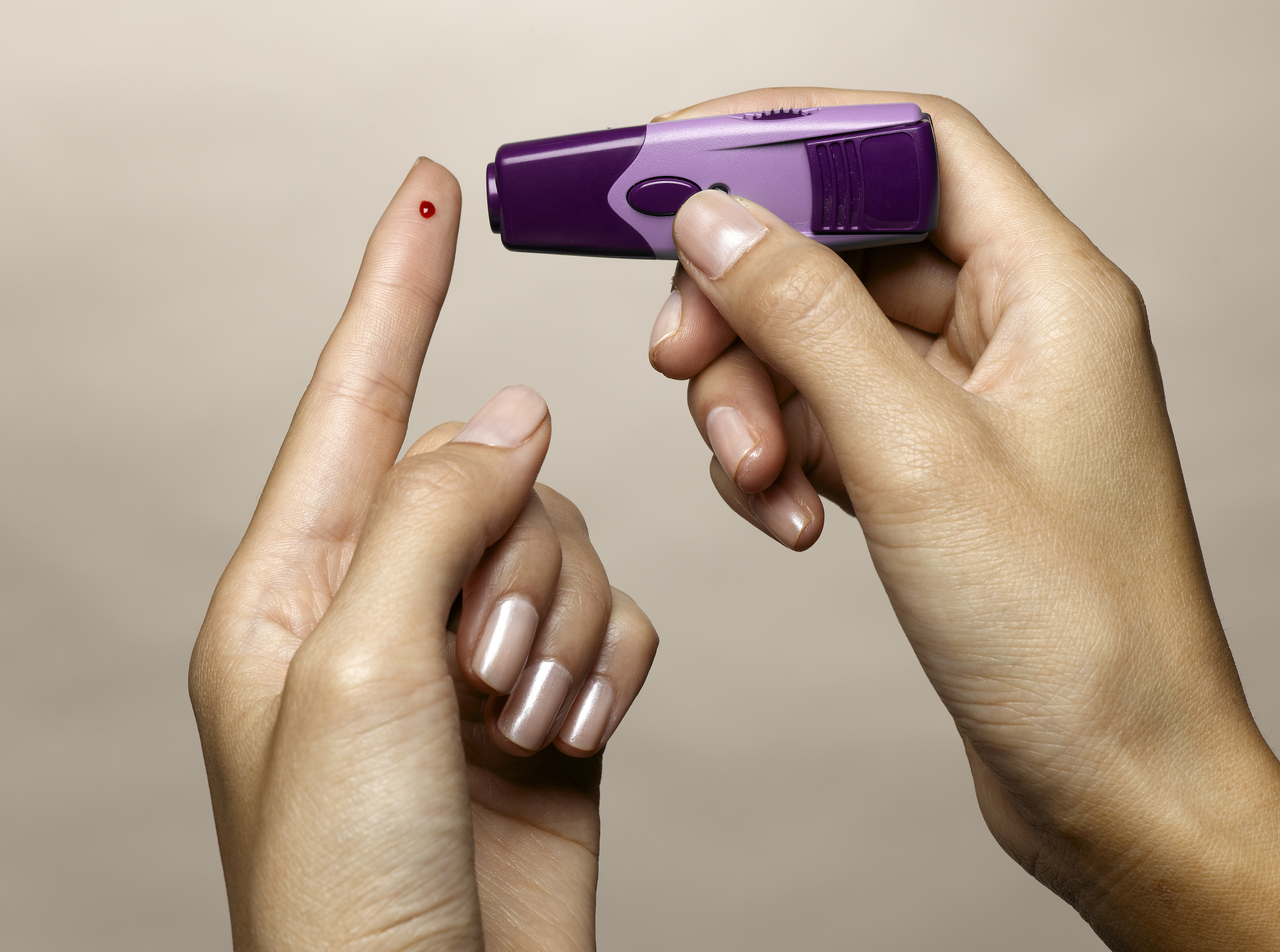By Corinne Timberman RN, BSN
Although the reasons for the connection are not entirely clear, people with type 1 diabetes are almost twice as likely to suffer from an eating disorder than the general population, according to the American Diabetes Association.
When someone has both conditions, complications like diabetic ketoacidosis can become life threatening and longer-term damage can include serious problems, like kidney failure.
Treating both conditions together is paramount to recovery, and careful monitoring is required because the two conditions have different sets of nutritional and medical needs.
Princeton Center for Eating Disorders at Penn Medicine Princeton Medical Center helps people control their diabetes while addressing the emotional and behavioral aspects of their eating disorder and teaching the skills needed to establish a healthy lifestyle.
Diabulimia is Common
Studies show that up to 35 percent of women with type 1 diabetes restrict insulin in an attempt to manipulate their caloric intake and lose weight at some point in their lives. This dangerous practice is often referred to as diabulimia.
Among women and girls with type 1 diabetes, diabulimia is most common between the ages of 15 and 30, according to the American Diabetes Association. The association notes that there is little to no data on eating disorders in men and boys with type 1 diabetes.
Other risk factors for diabulimia include:
• Having a close relative with an eating disorder
• Having a close relative with a mental health disorder
• Anxiety, depression and obsessive compulsive disorder
• Post-traumatic stress disorder
• Perfectionism
• Body image dissatisfaction
• Being teased or bullied
• Loneliness and isolation
These risk factors also apply to people who have not been diagnosed with diabetes.
Serious Health Complications
Insulin, a hormone made by the pancreas, enables your body to convert sugar from food into energy. However, if you have type 1 diabetes, your pancreas does not make insulin, requiring you to take insulin every day so your body has enough energy to stay healthy and alive.
Restricting insulin either by not taking it at all or by taking lower than the prescribed dose forces your body to use stored body fat for energy. This leads to high blood sugar levels as well as high levels of ketones, acid byproducts produced when your body burns fat.
If left untreated, over time diabulimia can lead to a wide range of serious health complications including:
• Slow wound healing
• Staph and other bacterial infections
• Yeast infections
• Muscle atrophy
• Irregular menstruation
• Severe dehydration
• Electrolyte imbalance
• Retinopathy
• Peripheral neuropathy
• Kidney disease
• Liver disease
• Heart disease
In addition, diabulimia can lead to ketoacidosis, a condition in which there is too much acid in your blood, causing damage to blood vessels nerves, and organs. In extreme cases, diabetic ketoacidosis can cause organ systems to shut down, resulting in coma or sometimes death.
Red Flags
Warning signs of diabulimia include:
• Increasing neglect or secrecy surrounding diabetes management
• Fear of low blood sugars
• Fear that insulin will increase weight
• Restricting certain food or food groups to lower insulin dosages
• Frequent bouts of nausea or vomiting
• Persistent thirst
• Frequent urination
• Recurring diabetic ketoacidosis or near diabetic ketoacidosis
• Low sodium
• Low potassium
• Frequent urination
• Frequent yeast infections
• Irregular or lack of menstruation
• Deteriorating or blurry vision
• Dry hair and skin
• Changes in eating habits, refusal to eat with family and friends
If you suspect someone you love suffers from diabulimia, seek medical help. The sooner they can get treatment, the better chance they have for recovery.
A Specialized Approach
Princeton Center for Eating Disorders offers a multidisciplinary, evidence-based approach for the comprehensive treatment of adolescents 16 and older and adults with type 1 diabetes and an eating disorder.
Care is structured to help patients build the tools and knowledge necessary to work toward recovery from the eating disorder while managing their diabetes independently—skills they will need upon discharge. Overall progress is organized in a tier system, and as patients develop skills in each level, they move toward greater independence.
Treatment includes:
• Medical stabilization and care. Patients have onsite access to medical specialists and endocrinologists at Princeton Medical Center upon admission and throughout their stay as needed.
• Psychiatric care. Board-certified psychiatrists specializing in eating disorder treatment provide individualized behavioral health care and medication oversight.
• Nursing oversight. Nurses help manage patient care, regularly monitor blood sugar levels, and provide education about diabetes and its management.
• Nutrition management. Dietitians work with patients to monitor calorie intake and carbohydrate balance while educating them about nutrition needs and menu planning. With this knowledge, patients advance from checking off preselected menu items to writing in their preferences.
• Therapy. Through individual and group therapy, therapists help patients with diabulimia build coping skills, regulate emotions, and manage urges to withhold insulin. The team has developed a system for tracking mood and other parameters, including changes in blood sugar.
• Patient and family education. Diabulimia education is integrated throughout care, with topics like diabetes and nutrition, managing emotional stress, and the impact of blood sugar levels on mood. Effective communication with family members also is an important component of the program.
A Foundation for Success
As patients heal and fine-tune their skills, they earn back more control of their diabetes management and diet, and by working with their therapists and registered dietitians they build a foundation for success in every day life.
For more information about the Princeton Center for Eating Disorders, call 877-932-8935 or visit www.princetonhcs.org/EDdiabetes.
Corinne Timberman, RN, BSN, is board certified in psychiatric mental health nursing. She is the assistant nurse manager for the Princeton Center for Eating Disorders at Penn Medicine Princeton Medical Center.




